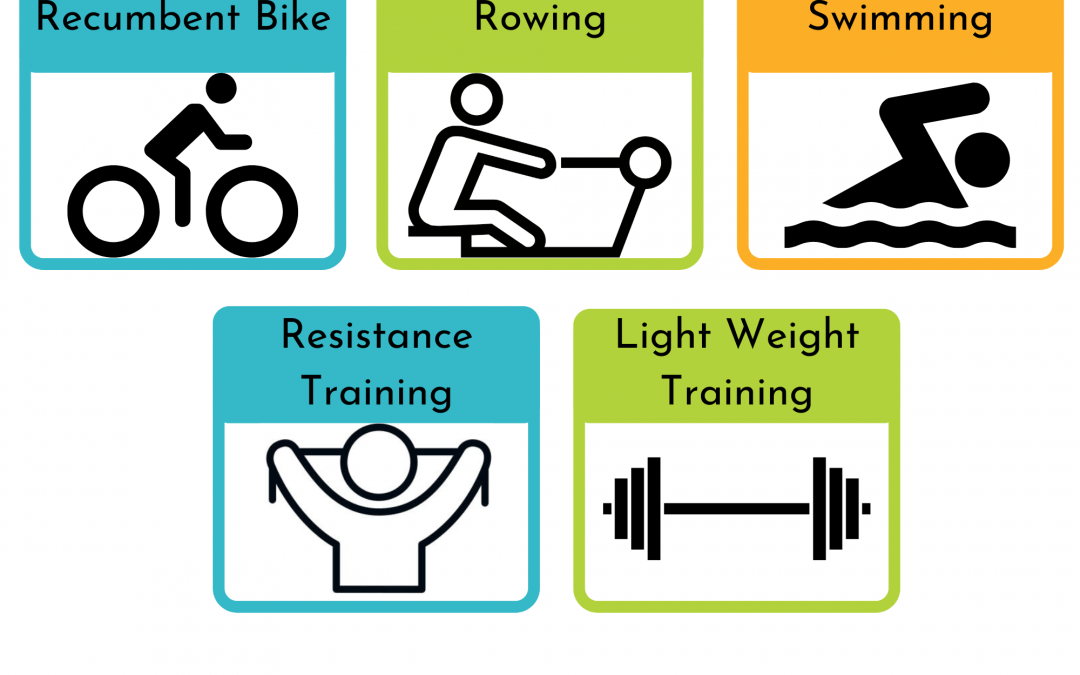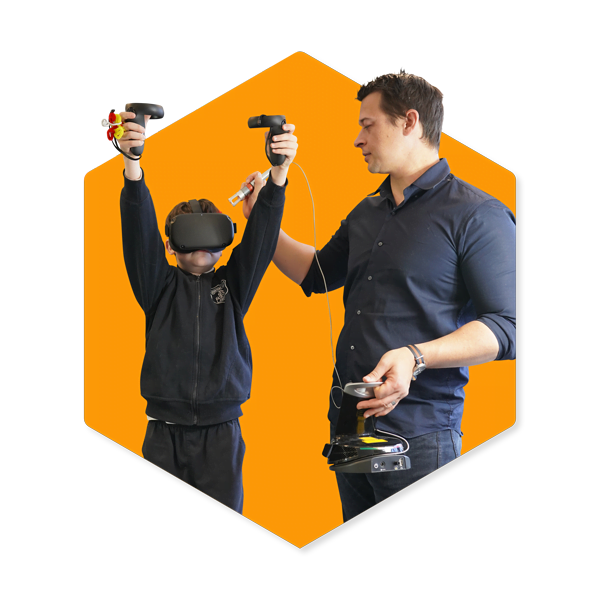The Melillo Method was developed by Dr. Robert Melillo as an effective protocol for helping kids and adults to reach their full neurological potential. At Brain and Body Health we are one of the few clinics in NSW to be certified in the Melillo Method.
At twenty weeks, the developing foetus starts to show signs of an emerging primitive reflex known as the Spinal Galant. This reflex assists in the development of the foetus’ auditory processing system whilst in utero. The spinal Galant continues to assist the baby as it aids in balance and coordination during the creeping and crawling periods. During the birthing process, the spinal Galant reflex aids the baby down the birth canal by facilitating hip movements. This reflex usually integrates at 6 months.
To trigger the reflex in a newborn, hold them suspended and face down (prone position) and begin tracing a finger down one side of their lower spine. You will begin to see the hip curl towards the stimulated area which demonstrates side flexion. Stroking both sides of the spine can activate the reflex and can cause urination.
Failed spinal Galant integration in infants
Signs that a toddler may have a retained spinal Galant reflex includes:
- Struggling standing, walking and running
- Unbalanced gait
- Uncoordinated climbing stairs for a long period of time
- Trips frequently
This reflex helps with the development of the muscles in the lower back, pelvic area and legs. It is crucial for the preparation of gross motor coordination.
Failed spinal Galant integration in school-aged children
If the spinal Galant fails to integrate at the 6 month mark, the child may present the following once they reach school-age:
- ADHD-like symptoms
- Struggles understanding instructions received verbally or written
- Poor concentration skills
- Wriggles/remains unsettled when having to sit quietly
- Prefers to lay on the floor when completing homework or watching TV
- Wets the bed after being potty-trained
- Has no interest in playing sports or other physically engaging activities
- Prefers wearing loose fitting clothing around the hips
It can be very challenging for a child with an unintegrated spinal Galant reflex to adapt to school as even the most simple tasks such as leaning back in a chair can be aggravating and cause the child to move and squirm uncomfortably. This can be extremely draining and can cause the child to become unable to process any information/learn anything in a school setting as all energy is placed on calming and regulating the body.


